Russian foreign minister questions OPCW’s Syria probes
Russian Foreign Minister Segei Lavrov has questioned the impartiality of probes being carried out by an international organization into accusations of a chemical attack in Syria.
A fact-finding mission was set up by the Organization for the Prohibition of Chemical Weapons (OPCW) into allegations that a Syrian government gas attack killed over 80 people in the town of Khan Shaykhun in Idlib Province on April 4. Damascus has denied the allegation, explaining that it gave up its entire chemical arms stockpile as part of a US-Russia deal in 2014.
The single mission later split into two separate groups. One is now being led by Steven Wallis, a citizen of the United Kingdom, who works in contact with the government of Syrian President Bashar al-Assad, and the other is being headed by Wallis’ fellow countryman Leonard Phillips, according to Russia’s Permanent Representative at the OPCW, Ambassador Alexander Shulgin.
The latter group deals with the claims filed by Syrian militant groups, who are fighting to overthrow Assad.
Both groups interview survivors and gather bio-metric samples from the site of the April 4 incident.
On Tuesday, Lavrov said the fact that both groups were being headed by UK citizens raised questions of bias.
“I would like to remind you that we have pointed out a very strange coincidence: that the two groups of the OPCW Fact-Finding Mission (FFM) on the potential use of chemical weapons in Syria are chaired by UK citizens.”
He questioned the “strange coincidence” and described it as “contrary to the principles of an international organization, the structures of which must be maximally balanced.”
The impartiality of the OPCW’s investigatory work had been questioned by Russia before, too. Deputy Foreign Minister Sergey Ryabkov said last Friday that “Moscow believes that the conclusions formulated by the fact-finding mission in Syria are politically motivated, biased and requiring further clarification.” He said Russia was “very skeptical” of the work they did.

In a missile strike that the US said was in retaliation for the alleged gas attack, US Navy destroyers fired 59 Tomahawk cruise missiles from the Mediterranean Sea at Syria’s al-Shayrat Airfield on April 7.
Meanwhile, British Foreign Secretary Boris Johnson said on Tuesday that London would most probably support the US if it decided to launch further attacks on Syrian government positions.
Lavrov further said in his Tuesday remarks that “many players in Syria, among the external opposition and in many countries in and outside the region” were trying to use the situation “to place the blame squarely on Bashar al-Assad.”
The Syrian government says during the April 4 incident, a conventional airstrike hit a chemical depot belonging to militants, causing the leak of the gas and the deaths.
Iranian officials: EU will regret 'servitude to US' over IRGC designation
VIDEO | Iraqis decry US intervention
VIDEO | Iran says it won’t seek war but will hit back at any aggression
Threatening Iran and its Leader is playing with fire Trump and his ilk cannot contain
Israeli raids displace 25,000 Palestinians from Tulkarem refugee camp
All US bases, mercenaries within Iran’s reach: Leader’s representative
VIDEO | Lebanon parliament discusses budget in light of deep rifts
Regional states reject use of their territory against Iran



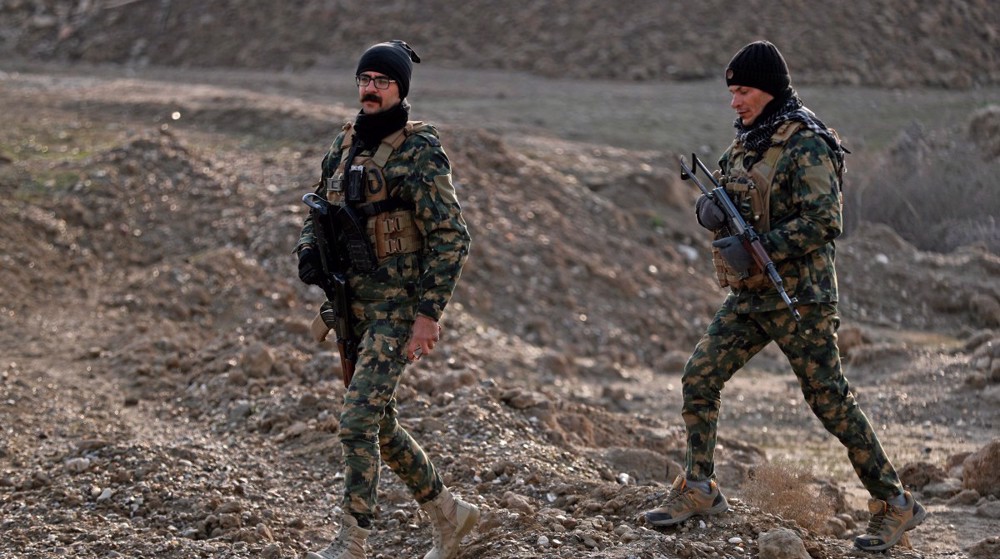
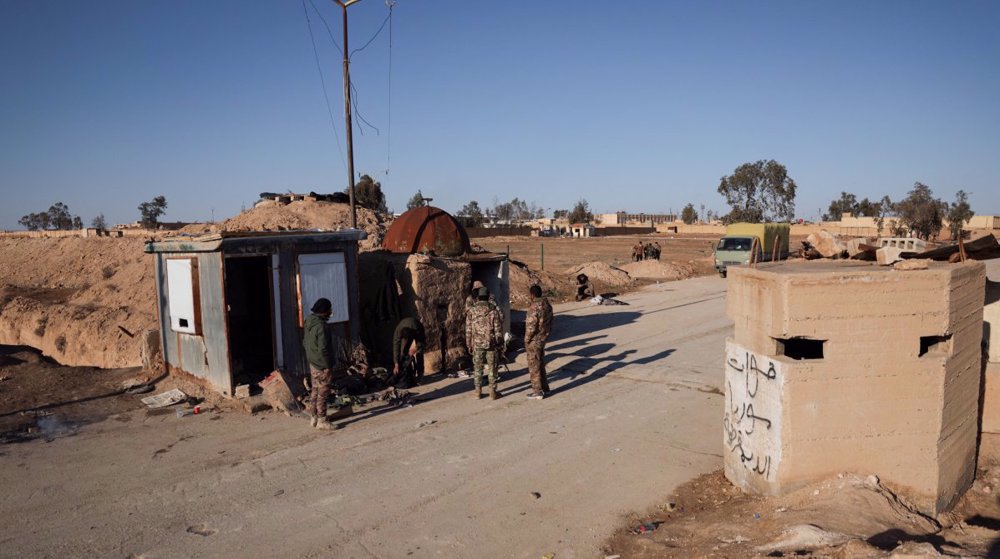
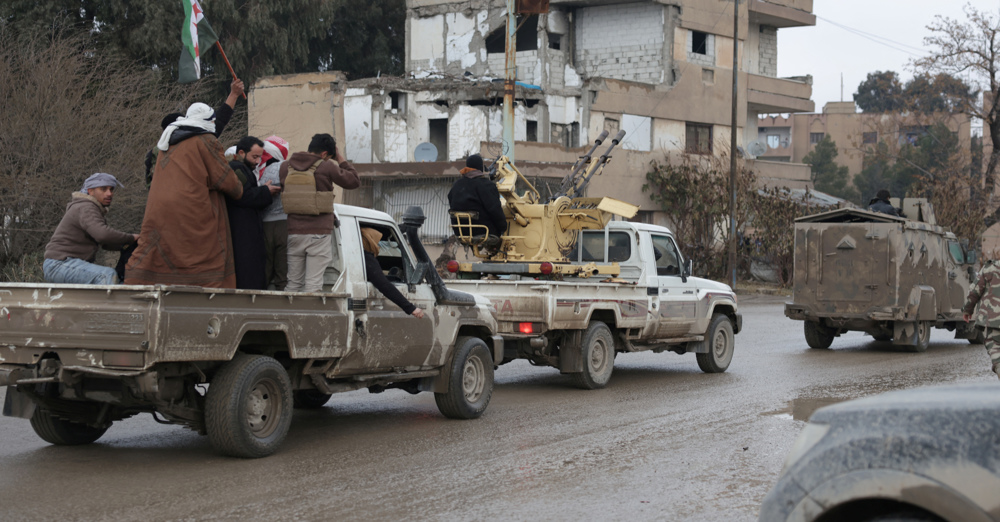



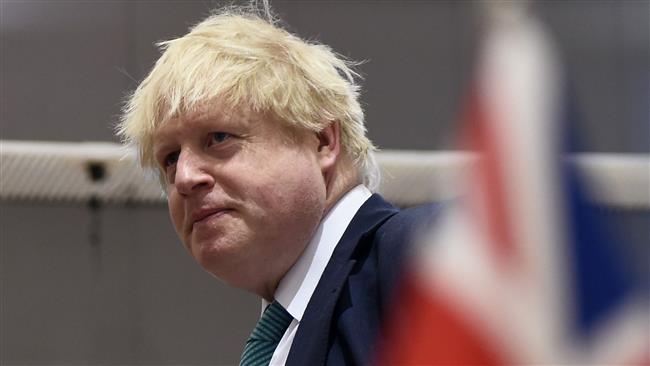
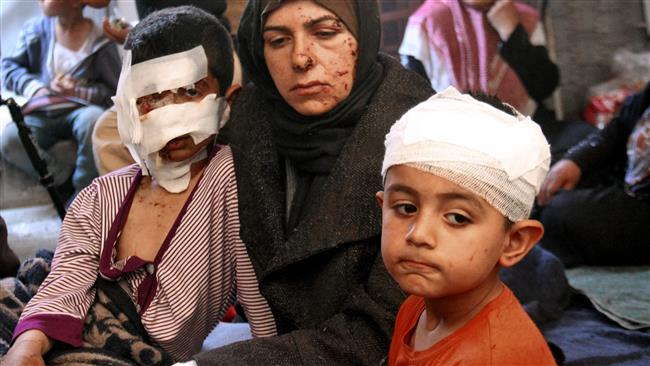
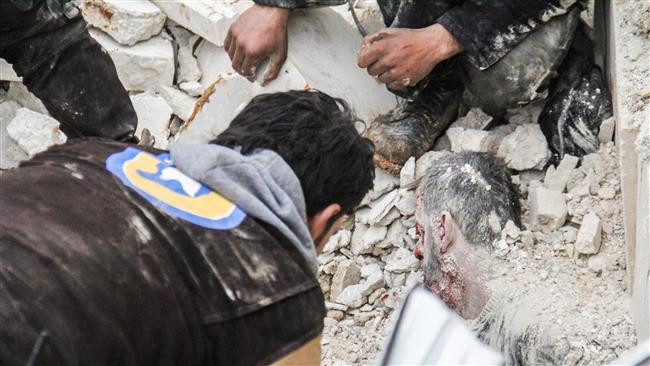

 This makes it easy to access the Press TV website
This makes it easy to access the Press TV website